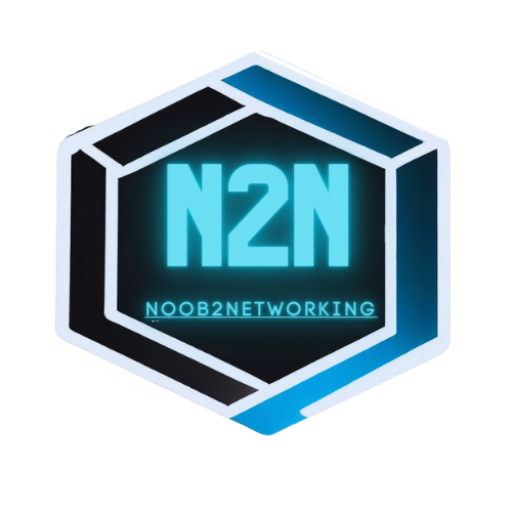Welcome to Webinar Wednesday, where we’ll be exploring the world of SSL (Secure Sockets Layer) and why it’s so important for secure online communication. If you’ve ever wondered how to keep your online transactions and communications secure, then you’re in the right place!
🔒 What is SSL and how does it work?
Think of SSL as a bodyguard for your online communications. It’s a protocol that encrypts the data that’s sent between your computer or device and a website or server. This encryption makes it nearly impossible for anyone else to read or intercept your data, which is particularly important when you’re sharing sensitive information like credit card numbers, passwords, or personal details.
🔑 Why is SSL important?
SSL is important because it helps protect your online privacy and security. When you visit a website that uses SSL, you’ll notice that the URL starts with “https” instead of “http”. This “s” stands for secure, and it indicates that the website is using SSL to encrypt your data. This is particularly important for online shopping, banking, and other activities that involve sensitive information.
🛡️ How does SSL keep my data secure?
SSL uses a combination of encryption and decryption to keep your data safe. When you visit a website that uses SSL, your computer or device and the website’s server exchange digital certificates to verify each other’s identity. Once this identity is confirmed, your data is encrypted and sent through a secure connection that only the website’s server can decrypt. This way, even if someone intercepts your data, they won’t be able to read or understand it.
💻 What are the different types of SSL certificates?
There are three main types of SSL certificates: domain validated (DV), organization validated (OV), and extended validation (EV). DV certificates are the most basic and only verify that the website’s domain name matches the certificate. OV certificates verify additional details about the website’s owner, like their address and phone number. EV certificates are the most comprehensive and require the website’s owner to provide extensive documentation to verify their identity.
In conclusion, SSL is an essential component of secure online communication that you simply can’t afford to ignore. Whether you’re shopping online, banking, or just browsing the web, SSL helps keep your data safe from prying eyes. So the next time you see that “https” in the URL bar, you can feel confident that your data is protected by SSL.


7 responses to “Webinar Wednesday: Understanding SSL – The Key to Secure Online Communication”
Alright, been poking around sodopro.com. Not bad, not bad at all. Looks like they know their stuff. Give it a shot if you’re looking for something solid. Check it out here: sodopro
Alright, let’s talk xo888vip. Feels a bit fancier than the others. I liked the VIP treatment and they seem to be more focused for pros like me! Check this site out! –> xo888vip
Yo! pk55kagame is where it’s at! Been playing for a minute now, and I gotta say, I’m hooked. Easy to get into, but hard to master, if you know what I mean. Definitely worth a shot if you’re looking for something new. pk55kagame
Been playing on ta28bet for a while now and honestly, it’s pretty solid. The games are legit, and I’ve had some decent luck. Definitely worth checking out if you’re looking for a new place to gamble online. Click here: ta28bet
Thank you for your sharing. I am worried that I lack creative ideas. It is your article that makes me full of hope. Thank you. But, I have a question, can you help me?
Your point of view caught my eye and was very interesting. Thanks. I have a question for you.
Thank you for your sharing. I am worried that I lack creative ideas. It is your article that makes me full of hope. Thank you. But, I have a question, can you help me? https://accounts.binance.info/hu/register-person?ref=IQY5TET4